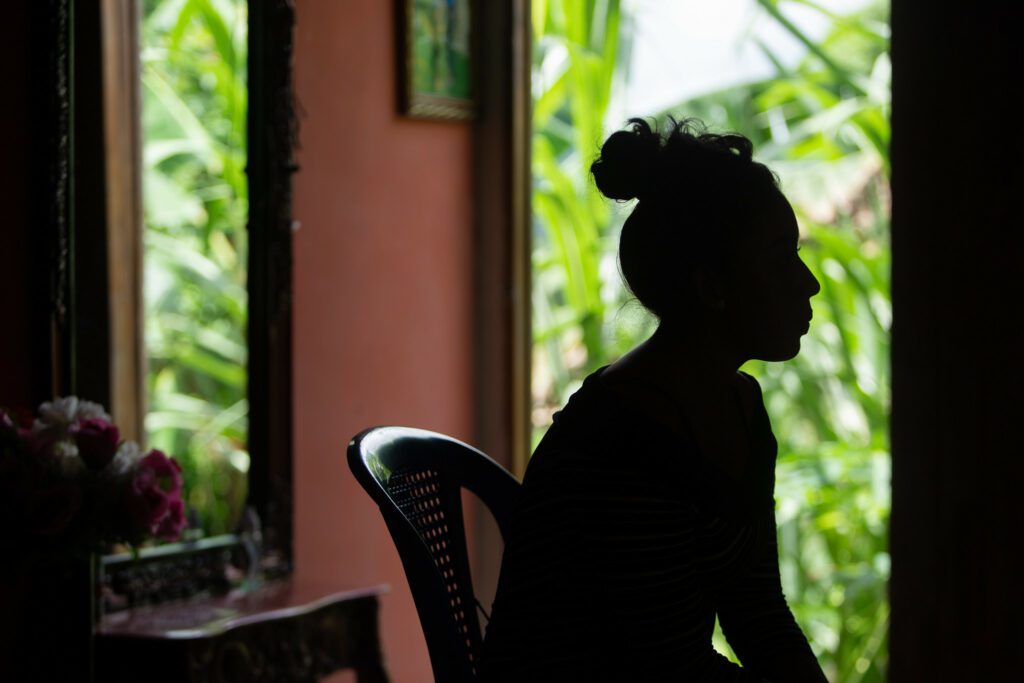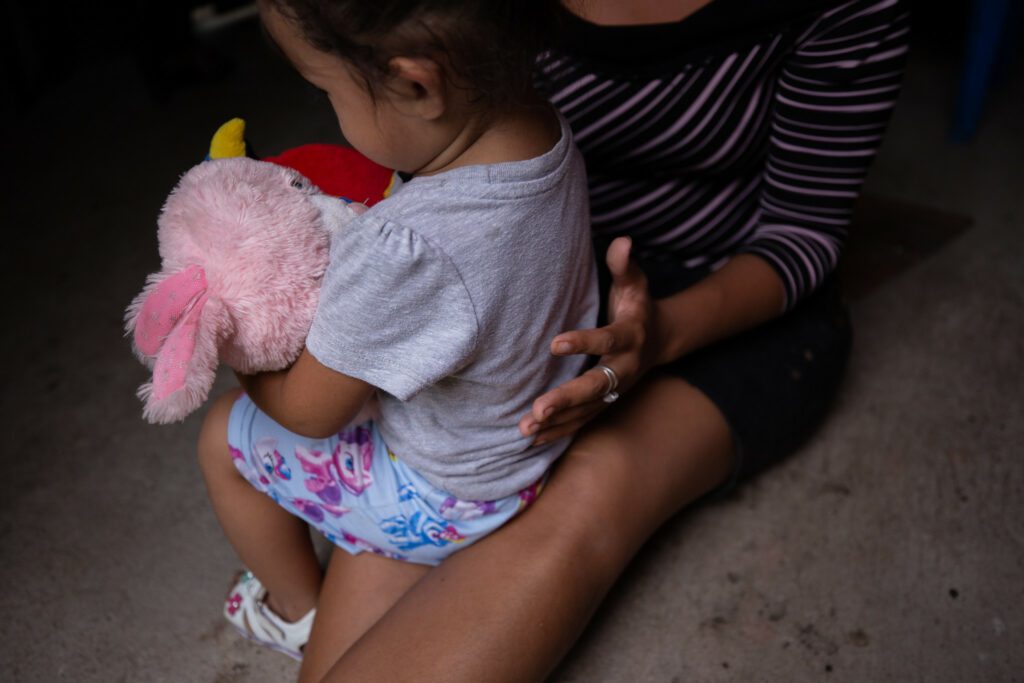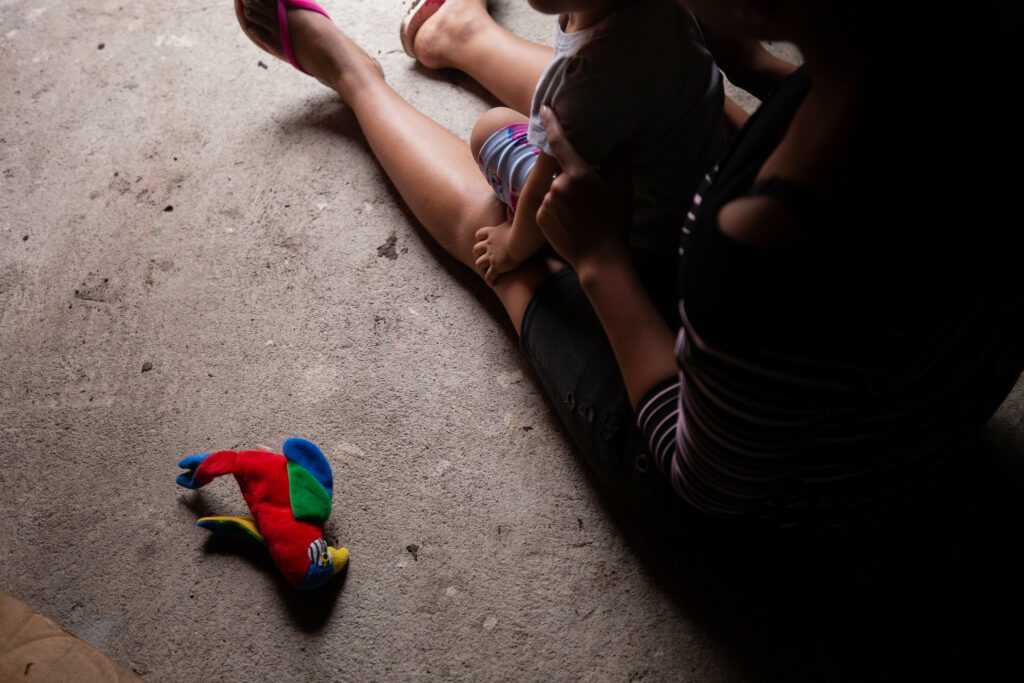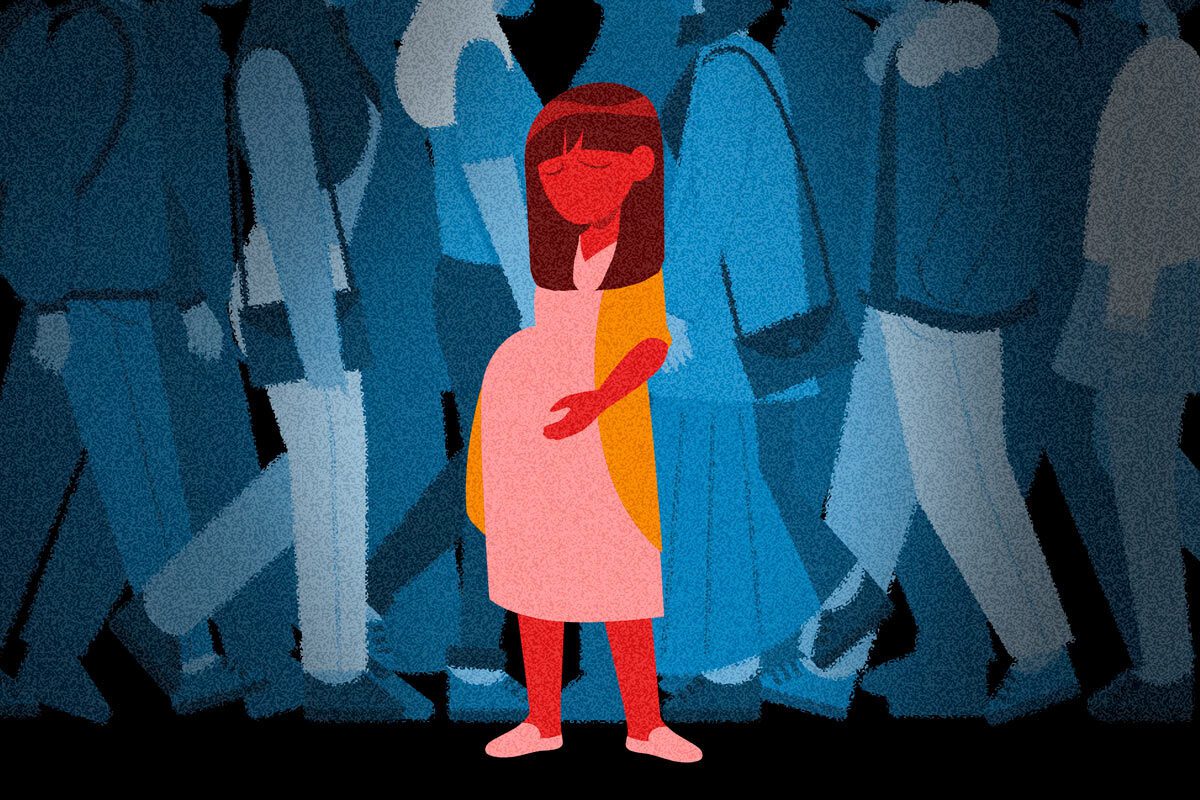Women, girls, and teenagers in Nicaragua are forced to carry on with pregnancies resulting from sexual assault due to the total criminalization of abortion imposed by the Ortega-Murillo regime, as denounced by the Office of the United Nations High Commissioner for Human Rights (OHCHR) in its latest report on the human rights situation in Nicaragua.
The absolute prohibition of abortion, even in rape cases, incest, danger to women’s health, or fetal malformations, means that “victims of sexual violence cannot legally and safely terminate their pregnancies, prolonging and exacerbating their intense physical and psychological suffering,” states the report.
341 Pregnancies from Rape

According to a compilation by DIVERGENTES using statistical annual reports from the Institute of Legal Medicine (IML) published between 2021 and 2017, at least 341 women, teenagers, and girls became pregnant as a result of rape. Additionally, 1,676 were at risk of pregnancy, according to medical assessments. This depends on factors such as penetration, whether the victim was using contraceptives before or after the abuse, and the dates of the menstrual cycle of the woman, girl, or teenager.
As of now, the IML has not published the 2022 report with information on the number of women and minors who became pregnant due to sexual violence. Only monthly reports for that year are available, providing data on the number of reported cases, the sex and age of the victims, and the relationship with the perpetrators.
The 2021 report shows that the IML conducted legal medical assessments for sexual violence on 23,034 individuals, of which 20,124 were women, and among them, 16,304 were girls and teenagers up to 17 years old. Of the more than 20 thousand women and minors who were victims of sexual violence during that period, 14,258 were of childbearing age. It’s worth noting that women begin to be fertile around the ages of 10 to 12, according to medical organizations.
Although the IML states that 341 of them became pregnant, and 1,676 were at risk of pregnancy, they didn’t disseminate this data by age. Therefore, it is not possible to determine exactly how many were adult women and how many were minors who became mothers as a result of sexual violence.
Forced Pregnancies Lead to Torture and Inhuman or Degrading Treatment
The OHCHR says that the serious situation of sexual violence experienced by women and minors in Nicaragua, coupled with the absolute prohibition of abortion, “subjects women and girls to physical and mental pain or suffering that violates Article 7 of the International Covenant on Civil and Political Rights.”
This article states that “no one shall be subjected to torture or to cruel, inhuman or degrading treatment or punishment. In particular, no one shall be subjected without their free consent to medical or scientific experimentation.”
These circumstances lead pregnant victims of sexual violence to resort to illegal abortions using unsafe methods, putting their health and lives at risk. Furthermore, many women and minors are pushed toward suicide.
The United Nations Human Rights Committee adds in the report that the Ortega-Murillo regime is responsible for ensuring the life and health of women and keeping them away from dangers and risks related to their sexual and reproductive health.
Nicaragua, along with Honduras, El Salvador, and the Dominican Republic, is one of the only countries in Latin America and the Caribbean that completely criminalizes abortion, regardless of the circumstances of pregnant women. This makes Central America the most restrictive region in the world for women in terms of human rights.
Victims include primary, high school, and even preschool students

The OHCHR insists that girls and teenagers are the most vulnerable not only because of the physical impacts of early pregnancy but also because they are all of school age. This is because early motherhood can mean abandoning their studies, losing job opportunities, and perpetuating the cycle of poverty.
“In 2021, the victims were especially young: 50 percent of rape victims were under 14 years old,” says the UN High Commissioner.
In the data analyzed by DIVERGENTES, the IML indicates that 10,732 victims of sexual violence were in primary school at the time of the abuse or rape; 7,944 were in high school; 1,862 had no education; and 1,188 were in preschool.
In addition to girls, male children who are victims of abuse are also included in these last figures because they are not disseminated by sex, although they represent a minimal portion of the statistics.
Due to the high incidence of girls and boys victims of sexual violence between the ages of 0 and 12 (9,563 cases), the 1,862 victims with no education could be babies and minors in the early stages of childhood who had not yet entered preschool.
On the other hand, the OHCHR says that this data is still insufficient to understand the true impact of sexual violence on women and children in Nicaragua, as IML reports are not disseminated by ethnicity, gender identity, or sexual orientation of the victims.
Cases of violence have increased after 2018

Reports of sexual violence increased by an average of a thousand cases after 2018. In 2018, the IML reported 4,085 cases of sexual violence, and in 2022, the figure increased to 5,049 cases. “These figures show the disproportionate impact of sexual violence on girls and women,” says the OHCHR.
In 2023, cases of sexual violence already total 3,709, only between January and July, according to the monthly reports by the IML. This means an average of 529 monthly cases of sexual abuse and rape. If this trend continues, 2023 could end with more than 6,358 reports of sexual violence.
Additionally, the OHCHR’s report questions the accuracy of the IML reports regarding “police efficiency,” which, according to the Ortega-Murillo regime, is 90%. However, the Nicaraguan state “does not provide more information on trials or accountability for perpetrators,” says the UN High Commissioner.
An investigation by DIVERGENTES with CONNECTAS revealed that out of more than 18,000 cases of sexual violence reported between 2017 and 2020, only 19% went to trial, without guaranteeing convictions for the perpetrators.
The UN High Commissioner insists on the need for the Ortega-Murillo regime to urgently increase efforts to eradicate gender violence, including mistreatment and torture of women and girls; promote accountability for perpetrators and access to justice and services for victims; as well as modifying abortion legislation in accordance with international law.





